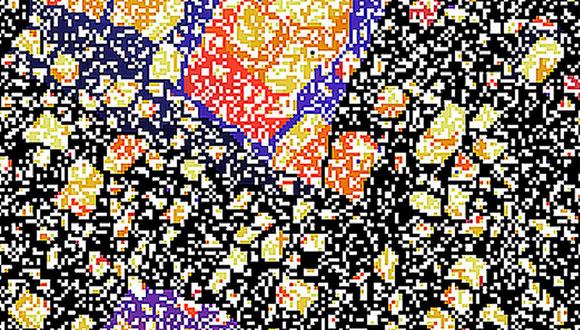סמינר לפיזיקה של מערכות ביולוגיות וחומרים רכים
Dr. Mingyang Lu, Rice University
Breaking the code of the cyberwar between cancer and the immune system
Abstract:
Despite much-improved understanding of cancer biology, cancer often continues to elude us and remain undefeated. The ways this malignancy withstands the immune response is probably the most enigmatic aspect of tumorigenesis. It is not clear how this insidious parasitic group of cells, can take advantage of and thrive in the body while dodging both innate and adaptive immune responses, responses that evolved to recognize and stop aberrant cells from damaging the host. It is also not clear how cancer manages to exploit multiple stromal cell types (e.g., fibroblasts, epithelial lymphatic, vasculature, and specialized mesenchymal cells), turning their normal processes to its benefit, while preventing autoimmunity from eliminating the abnormally behaved enslaved cells. Still more surprising are observations that the immune system can sometimes be tricked into promoting cancer development. We developed a new picture according to which cancer, like the immune system, is a networked society of sophisticated cells that master and use all the communication modalities that are also employed by the immune system. Cell-to-cell communication is a fundamental process in multicultural organisms. An important new class of cell-cell communication discovered recently is mediated by the exchange of special extracellular lipid vesicles called exosomes. These nanovesicles of about 30-200 nm can carry a broad range of cargo, including proteins, prion-like folded proteins, microRNAs, and mRNAs. Membrane markers assign the exosomes to specific targeted cells. Tumors make extensive use of exosomes for survival. Not only can they evade the immune system pretending to be normal cells, they can also trick the immune system by pretending to be normal cells under stress. Realizing how much tumors rely on exosomes brings new hope and opportunities.
מארגן הסמינר: גיא יעקובי


